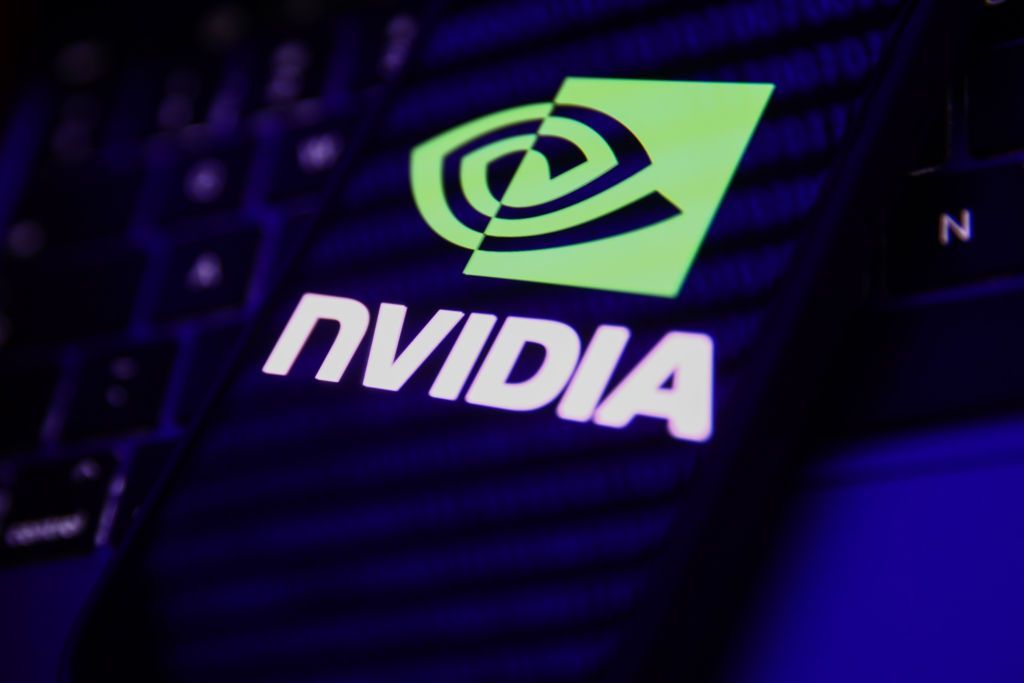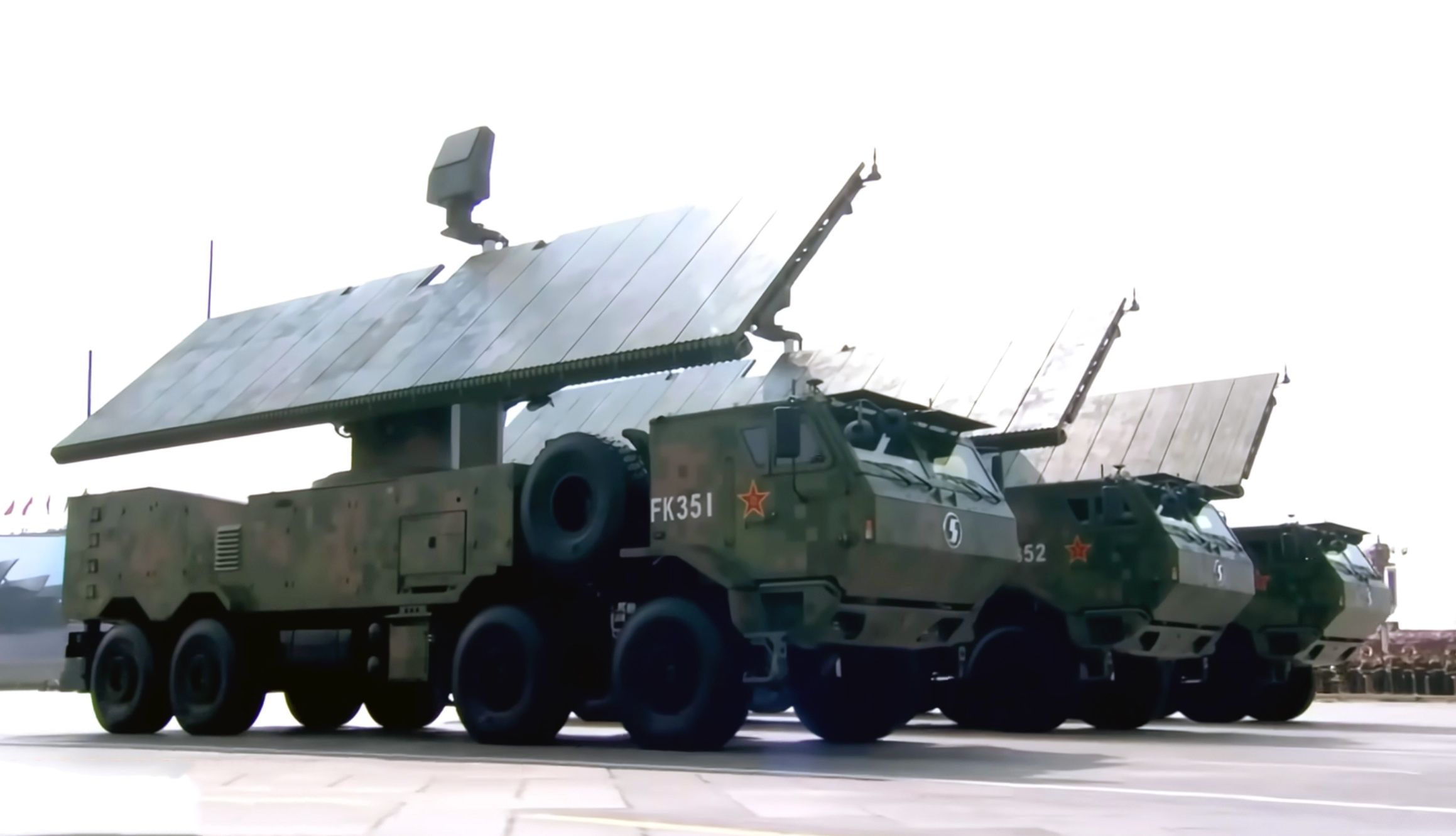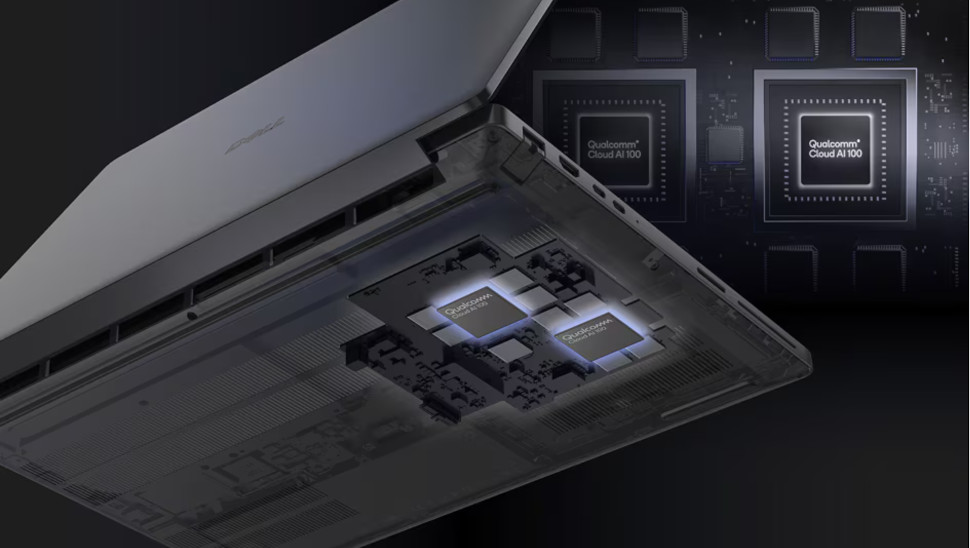US trade sanctions have restricted Nvidia from exporting its advanced GPUs like the A100 and H100 to China.
As a workaround, Nvidia developed the A800 and H800 GPUs specifically for Chinese customers, but these were also blocked by updated US controls last October, leading to the creation of the H20.
Specifically designed for the Chinese market, this GPU is intended for AI training and is priced between $12,000 and $15,000, according to South China Morning Post which cited anonymous industry sources.
Short fall
Nvidia's latest budget AI GPU has reportedly already landed in China, but it faces stiff competition from its own previous models and Huawei's secret weapon, the Ascend 910B. The H20's computing capabilities are said to be similar to those of the Huawei GPU, a chip developed by the Chinese tech giant that is currently under US trade sanctions. The Ascend 910B, although not officially confirmed by Huawei, is available through various sales channels in China.
The performance of Nvidia's H20, however, appears to be below that of its predecessors. According to some sources, the H20's capabilities are far behind those of the A800 and A100, although full internal testing is not yet complete.
In terms of price, a high-end server with eight Nvidia H20 cards costs around $195,800. In comparison, a Huawei server integrated with 910B chips sells for approximately $200,000 in January this year.
While some Chinese customers have reportedly received H20 samples for testing and pre-orders have already opened, Nvidia's GPU is expected to arrive in China in the second quarter, and shipments of products that contain H20 start in July.
Nvidia GPUs are in high demand globally, with Chinese tech giants spending billions to acquire GPUs to power new AI technologies. The company's data center segment surpassed gaming to become the top revenue contributor in its 2023 financial year, with a record $14.51 billion in revenue.
However, it remains to be seen how the H20 will be received by Chinese customers, given its limited capabilities due to new US rules.









